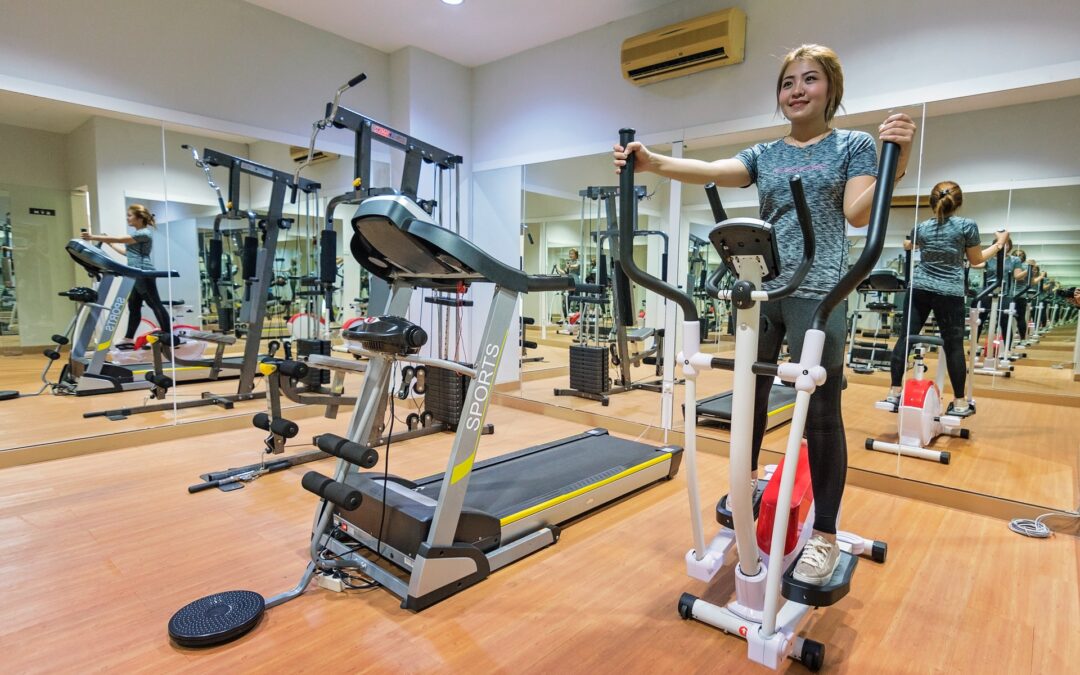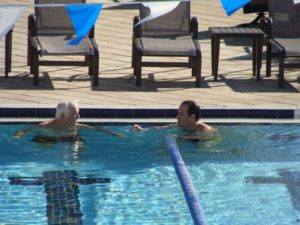Exercise & Cancer
The importance of exercise in health promotion is commonsense all over the world. The benefits of regular exercise practice goes beyond physiological improvements only to get healthier. Exercises are used to prevent diseases & injures, increase longevity, promote better mental health among many other applications. It is being used as one of the most important tools on Cancer prevention, treatment pre and post diagnosis and necessary on cancer survivals lifestyle.
Dr. Filipe Dinato de Lima, a researcher from University of Brasilia, stated in one of his publications that a substantial increase in studies investigating the effects of Physical activity applied to cancer survivors from 1989 – 2013 is noticeable. This tendency was followed by Colleges, professional bodies and associations responsible to establish guidelines to apply physical activity on cancer treatment, aiming cancer prevention, cancer treatment and cancer survival. He also mentioned that:
“Studies suggest that adherence to recommendations for physical activity and
food management reduce the risk of cancer development and increase the rate of
survival of patients diagnosed with colorectal cancer, for instance. However,
the use of physical activity as an intervention for prevention and treatment
of cancer still seems to depend on the understanding of its mechanisms related to
risk factors and the disease itself”
Exercise & Sports Science Australia – ESSA, in its website, also describes the importance of exercise within cancer care:
Paulo Barroso / Solid Sports
References:
https://www.researchgate.net/publication/329242391_Atividade_Fisica_e_Cancer_-_Capitulo_47
https://www.essa.org.au/Public/News_Room/Media_Releases1/2020/World_Cancer_Day__The_importance_of_exercise_within_cancer_care.aspx?WebsiteKey=b4460de9-2eb5-46f1-aeaa-3795ae70c687





Recent Comments